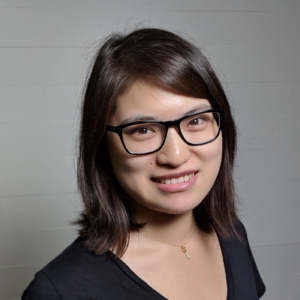CIFellows Spotlight highlights the work of the Computing Innovation Fellows (CIFellows) for the computing research community.
Yi Ding began her CIFellowship in January 2021 after receiving her PhD from University of Chicago this past December. Ding is at the Massachusetts Institute of Technology, working with Michael Carbin, Assistant Professor of Electrical Engineering & Computer Science and leader of the Programming Systems Group.
Current Project

Yi Ding
The increasing configurability in modern computing systems makes it challenging for system users to tune performance due to its high complexity and error-proneness. Machine learning (ML) creates an opportunity to alleviate this burden by modeling resources’ complicated, non-linear interactions and deliver an optimal solution to scheduling and resource management problems. However, naively applying traditional ML methods, such as deep learning, creates several challenges including generalizability, robustness, and interpretability. My research aims to tackle these challenges with underlying system structure and causal inference techniques.
My current project is about improving efficiency and reliability for computer systems with causal learning. Specifically, I apply machine learning and causal inference techniques to investigate the design and implementation of computer systems that operate in the presence of uncertainty in their environment, implementation, or execution.
Impact
ML has influenced a lot of recent systems research including providing systems support for ML and applying ML to solve systems problems. To further produce generalizable, robust, and interpretable results, it is crucial to understand the underlying structure of system problems by incorporating causal inference. My work will have a large effect on system users by providing more reliable and trustworthy systems. This research will also lower the required expertise for system users and developers by providing more flexible system configuration tools. Broadly, as access to computing becomes increasingly valuable in science and society, the improved system efficiency and usability that my work offers will make it possible to put computing in the hands of more people.
Additional Research
I advocate for diversity and inclusion in computer science research. I believe voices from many backgrounds and identities make us more effective at identifying and solving important problems.
I am broadly interested in ML and causal inference, and their applications in various domains. For instance, I have been collaborating with neuroscientists to study the causal relationships between environment and crime. I provided a quantitative analysis tool in this process and the preliminary results have been accepted to npj Urban Sustainability, a nature research journal. I have also been working with chemists on applying ML to analyze protein binding simulations.









